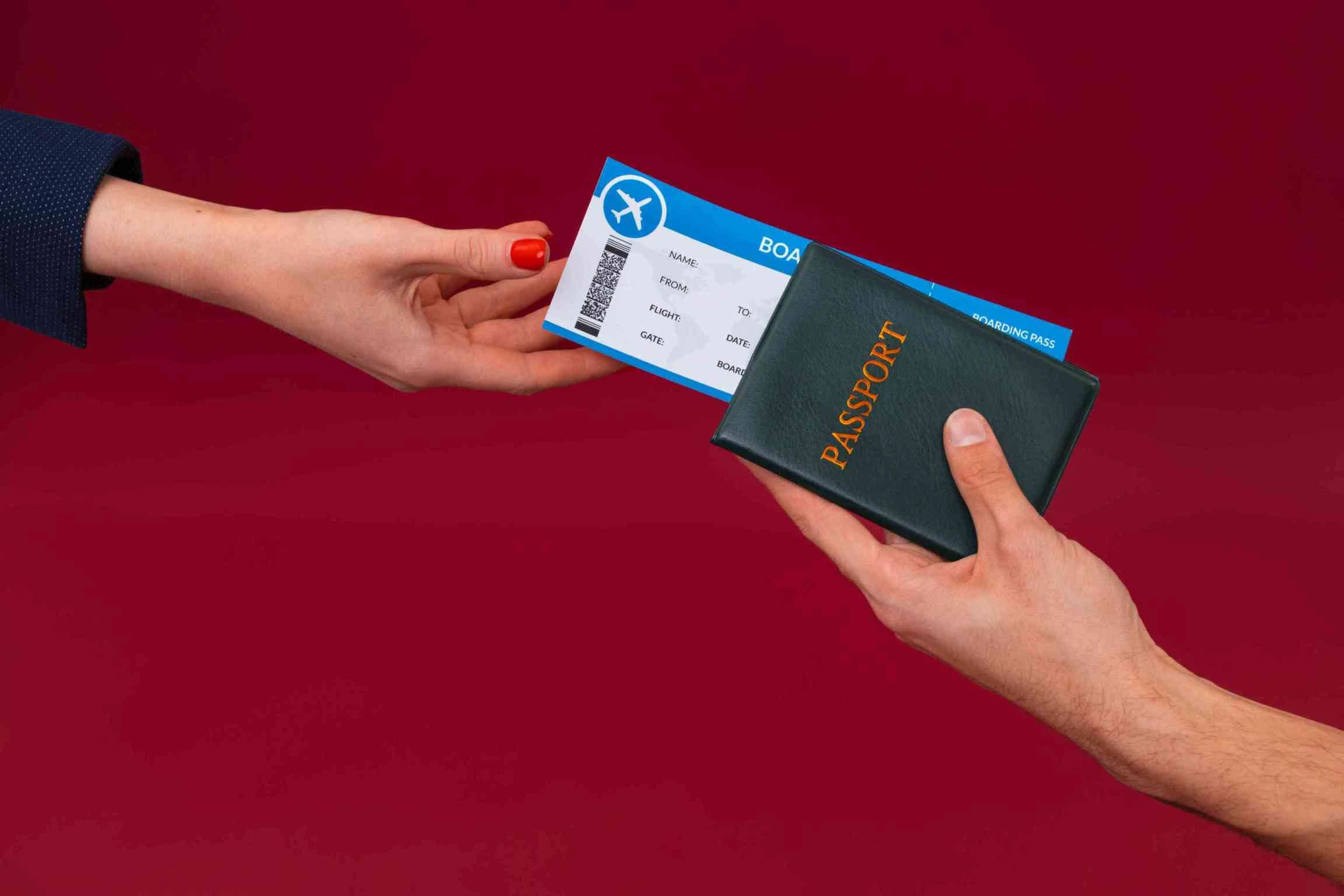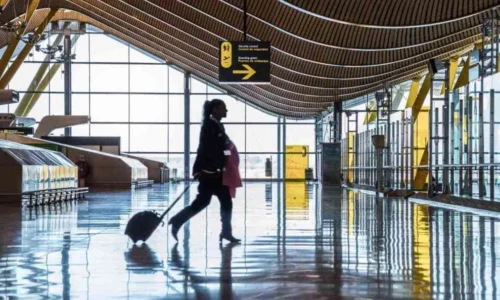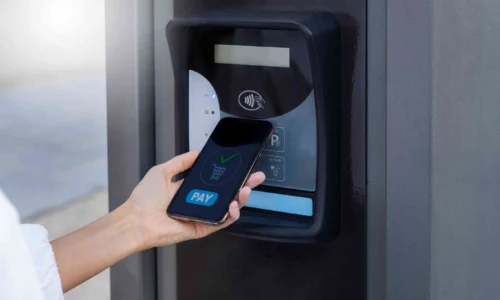How to Apply for Malta Dual Citizenship by Investment, Naturalisation, and More
- Ahmed hamdy Ahmed hamdy
- 0 Comments
Malta is a member of the EU, and dual citizenship has been legal for years. The Maltese government offers several citizenship options, including by birth, descent, or the popular Malta Citizenship by Investment program (granting of citizenship for exceptional services). Applicants can receive Maltese citizenship by residing in Malta for a minimum of 12 or 36 months and making a government contribution, plus the purchase or rental of Maltese real estate.
Families can receive Malta dual citizenship status without giving up their current nationality. U.S. citizens, for example, can hold citizenship with the United States and Malta. Whether you’re applying through ancestry, marriage, or investment, Maltese citizens enjoy global mobility, a strong second passport, and access to EU rights.
What Is Dual Citizenship in Malta?
Dual citizenship means holding two nationalities at the same time, and Malta allows it. Since 2000, the Government of Malta has recognized dual and multiple citizenship, so you can receive Maltese citizenship without giving up your existing nationality, including in cases of dual citizenship with the United States. U.S. law also allows dual citizenship, meaning Americans can apply for the Malta Citizenship program and keep their second nationality and passport.
Malta citizenship can be obtained by a person born in Malta, through the Malta of a parent, or by applying for exceptional services. You can apply for the Malta passport after 1 or 3 years of residence, depending on your investment route. The citizenship offers include visa-free travel, the right to own real estate in Malta, and purchase or rental of residential property in Malta.
Read Also: Easiest Countries to Get Citizenship
How to Obtain Dual Citizenship in Malta
There are several routes to obtain dual citizenship in Malta, depending on individual circumstances:
-
By Birth – For individuals born in Malta under specific historical rules.
-
By Descent – Available to those with Maltese ancestry, even if born outside Malta.
-
By Marriage or Registration – Applicable to spouses and other eligible relatives.
-
By Naturalisation – For long-term residents who meet strict criteria.
-
By Exceptional Services (Investment) – A regulated route for high-net-worth individuals contributing to Malta’s economy.
Each pathway is governed by specific rules and application procedures administered by the Community Malta Agency.
Malta became an independent state on 21 September 1964, and its citizenship law has since evolved through the Maltese Citizenship Act to meet modern demands of global mobility and economic development.
1- Acquiring Maltese Citizenship By Birth
The right to Maltese citizenship by birth depends on when and to whom you were born. Before 21 September 1964, individuals born in Malta were considered citizens of the UK and Colonies—not Malta—unless they later registered or naturalised. Between 21 September 1964 and 31 July 1989, Maltese citizenship was granted if you were born in Malta to a father also born in Malta. From 1 August 1989 onward, the law became more inclusive, allowing either parent to pass on citizenship, as long as one was Maltese at the time of birth.
To apply, applicants must prove birth details and parental nationality and submit the appropriate forms via the Community Malta Agency.
Key Points:
-
Before 21 Sep 1964: No automatic Maltese citizenship, even if born in Malta
-
21 Sep 1964 – 31 July 1989: Citizenship passed through the father if born in Malta
-
From 1 August 1989: Either parent can confer citizenship if one was Maltese at the time
-
Post-2000: Dual citizenship is legal—no need to renounce another nationality
-
Full rights include a Maltese passport, voting (if residing locally), and passing on citizenship to children
2- Maltese Citizenship by Descent: Who Qualifies and What to Know
Maltese citizenship by descent is available to individuals born outside Malta who can prove an unbroken lineage from a Maltese-born parent or grandparent. The law, amended in 2007, allows applicants to claim citizenship if their ancestor was born in Malta and is (or was) a registered Maltese citizen. This route is popular among those with Maltese heritage seeking to reconnect through citizenship.
Eligibility Requirements:
-
Direct descent from a parent or grandparent born in Malta
-
Unbroken lineage, with living ancestors registered as Maltese citizens
-
Documentary proof of birth and ancestry required
Special Cases:
-
Stateless individuals born in Malta and residing there for 5+ years may qualify
-
Foreign-born persons facing nationality restrictions may be granted citizenship through descent, with Ministerial approval
Ineligibility Conditions:
-
If a parent was alive on 1 Aug 2007 but died after 1 Aug 2010 without applying for Maltese citizenship, the lineage may be considered broken
-
If the parent died before 1 Aug 2007 or between 2007–2010, citizenship may still be granted
Eligibility by Case:
| Case | Eligibility Status |
|---|---|
| The parent died before 1 August 2007 | Citizenship may still be granted |
| Parent died 1 Aug 2007 – 1 Aug 2010 | Citizenship link likely preserved |
| Parent died after 1 August 2010 (no application) | Citizenship link may be broken; likely ineligible |
Important: Ensure all lineage and identity documents are in order before applying. Timely registration by ancestors can determine current eligibility for Maltese citizenship by descent.
Benefits of Maltese Citizenship for Expats and Investors
Holding dual citizenship in Malta offers a unique blend of personal freedom, economic opportunity, and EU-wide access. Whether you’re an expatriate, entrepreneur, or global investor, becoming a citizen of Malta grants access to numerous advantages:
-
The right to live in Malta year-round
-
Full residence in Malta without time restrictions
-
Access to world-class healthcare and education
-
Eligibility to apply for a passport is ranked among the most powerful globally
-
Rights equal to any other Maltese citizen, including those born in Malta
Why Many Choose a Second Passport from Malta
Many choose a second passport from Malta for the legal, financial, and long-term security it provides. As a member of the European Union, Malta offers citizenship that goes beyond travel freedom, granting access to stable EU systems, opportunities, and rights that benefit individuals, families, and business owners alike. With dual citizenship legal since 2000, Malta has built a reputation as a trusted provider of structured citizenship and residency programs.
Key benefits of Maltese dual citizenship include:
-
EU citizenship with the right to live, work, study, or retire in any EU or Schengen country
-
Access to EU financial and legal systems for wealth planning and asset protection
-
Political and economic stability in a reputable jurisdiction
-
Opportunities for future generations, including education and mobility
-
Expanded global protection in times of crisis or restrictions for a single nationality
-
Eligibility to vote in EU elections (if residing in Malta)
-
Freedom to invest and do business across the EU with fewer restrictions
Who Can Apply for Dual Citizenship in Malta
Anyone seeking to apply for Maltese citizenship must meet the eligibility criteria defined under the Maltese Citizenship Act. The process depends on the chosen path—whether by birth, descent, registration, marriage, naturalisation, or exceptional service by direct investment.
Eligibility is based on:
-
Place and date of birth
-
Maltese ancestry (parent, grandparent, or ascendant born in Malta)
-
Marital status with a Maltese citizen
-
Duration and legality of residence in Malta
-
Contribution to Malta’s national development (via investment)
The Community Malta Agency is responsible for processing applications for all categories of citizenship in Malta.
Foreign nationals who meet the qualifications under any recognized legal route can apply for Malta dual citizenship. Malta allows both EU and non-EU nationals to become citizens, provided they comply with the citizenship act and submit their citizenship application through an authorized agent (for certain routes like investment).
There is no restriction on holding both Maltese citizenship and another nationality, provided the applicant’s country also permits dual or multiple citizenship.
Malta Dual Citizenship with The US Passport for Americans
U.S. citizens can legally hold Maltese citizenship without renouncing their American nationality. Since dual citizenship with the United States is allowed, Americans can enjoy the benefits of both passports—making Malta one of the easiest countries to move to from the USA for those seeking a stable, EU-based second citizenship.
Key Benefits:
-
Retain both U.S. and Maltese passports
-
Full access to EU travel, residency, and work rights
-
Buy or rent property in Malta
-
Secure a second nationality for family planning
-
Benefit from tax optimization under Maltese rules
U.S. citizens must still comply with U.S. tax laws (FATCA, FBAR, IRS filings).
Conclusion: Should You Apply for Malta Dual Citizenship?
The benefits of Malta citizenship extend far beyond travel. Malta citizens enjoy full EU rights, including the freedom to live, work, and study in any EU country. Citizenship also offers long-term security for families, allowing them to receive Malta citizenship without having to give up their original nationality—even when receiving citizenship of another country. The application for Malta citizenship is processed through the Community Malta Agency, and the cost of applying for Malta varies by route, whether through descent, marriage, residency, or investment.
Maltese citizenship and the citizenship of another state can be held together legally, provided your home country permits it. Dual citizenship with the United States is allowed, and Malta citizenship can be obtained through birth in Malta, descent from a Maltese parent, or naturalisation after residing in Malta for a period. It also requires investment in real estate in Malta—either through purchase or rental of residential property in Malta—as part of the popular Malta Citizenship by Investment route.
For individuals from the U.S., UK, India, and other countries, Malta offers a unique opportunity to gain a second nationality and passport in a stable EU member state. Citizenship allows you to apply for a Maltese passport after one or three years, depending on your eligibility path. With a strong legal framework, structured due diligence, and benefits like visa-free access to 190+ countries, Malta citizenship is at least a lifelong asset—and a smart choice for globally minded individuals and families.
👉 Curious about where else you can hold dual citizenship? See the full list of countries that allow dual citizenship here.
Apply for Malta Citizenship – Frequently Asked Questions
Does Malta Allow Dual Citizenship?
Yes, Malta has allowed dual citizenship since 2000. You can keep your original passport if your home country also permits it.
Can I Apply for Maltese Citizenship by Investment?
Yes, eligible individuals can apply through the Exceptional Services program with contributions, property investment, and residency.
How Long Does It Take to Acquire Maltese Citizenship?
-
By Birth/Descent: 3–6 months
-
By Registration: 6–12 months
-
By Naturalisation: 12–24+ months
-
By Investment: 12 or 36 months
Can I Have a UK and a Maltese passport?
Yes, both countries allow dual citizenship. You can legally hold both passports.
Can I Live in Malta with Dual Citizenship?
Yes, Maltese citizens can live in Malta full-time without visas or residence permits.
Is Malta’s Passport Powerful?
Yes, it offers visa-free access to 190+ countries and full EU rights to live and work in 27 member states.
What Is the Minimum Investment for Malta Dual Citizenship?
€600,000–€750,000 contribution, €10,000 donation, and property purchase or rental. Total cost starts at €632,000.
Can Family Members Be Included in an Application?
Yes, you can include a spouse, dependent children under 29, and dependent parents/grandparents over 55.
Can Foreigners Buy Property in Malta?
Yes, but some zones require an AIP permit. Property used for citizenship must be held for 5 years.






